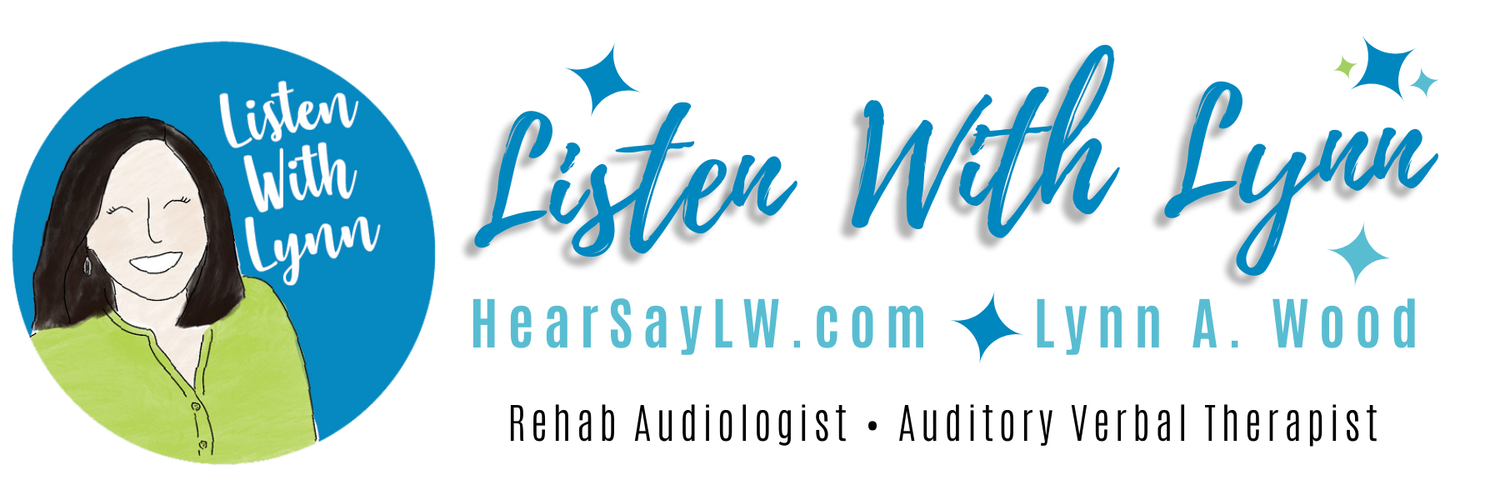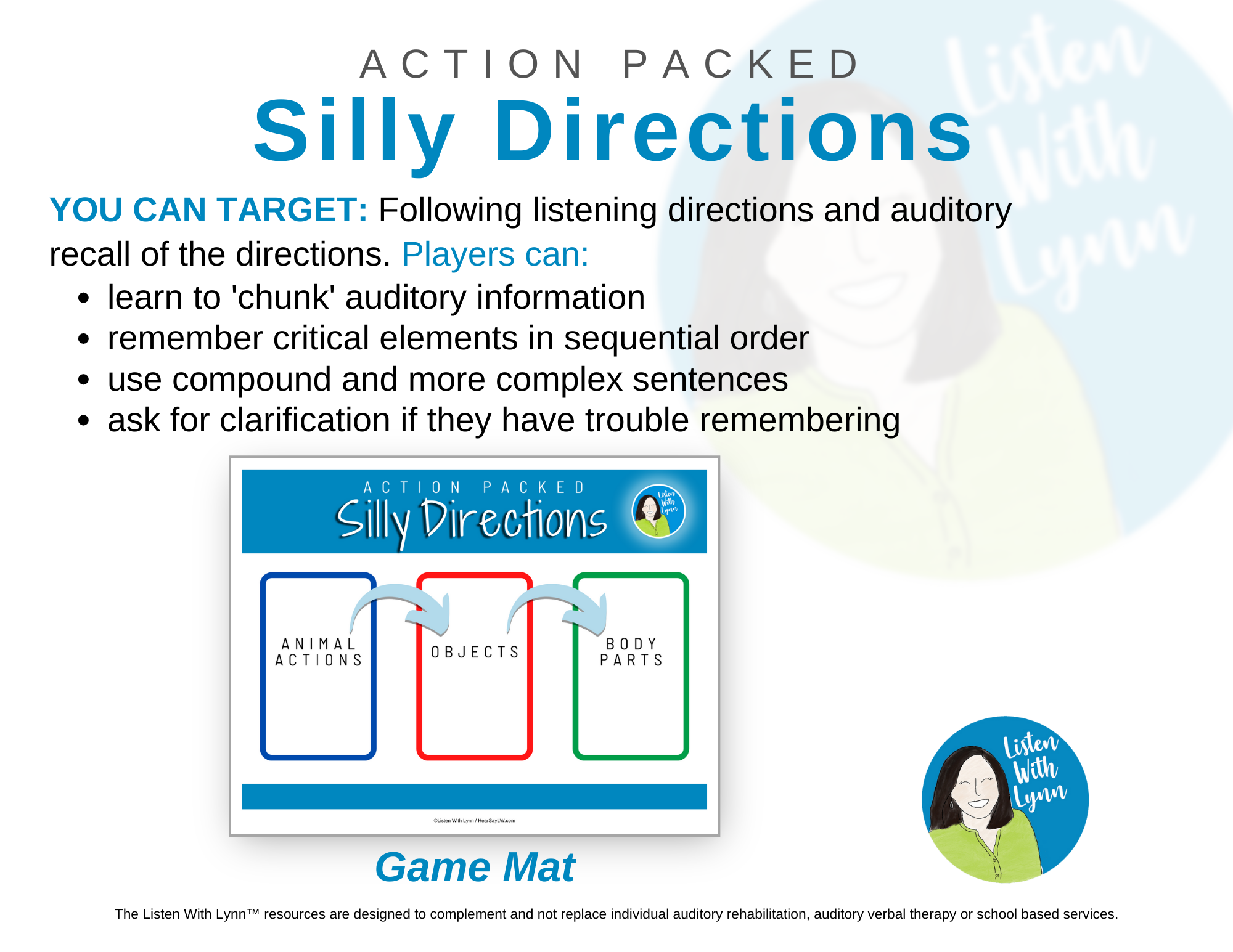Using young children’s natural curiosity about science and nature can help them grow their listening and language skills. This open-ended activity can be tailored to the child’s needs, listening and language levels, and goals, and can be effective for toddlers through middle schoolers. Following the child’s lead, we explore the outdoors together. I use lots of words to describe what we are doing, seeing, and feeling. We notice sounds—kids playing, birds singing, a lawnmower, a bouncing ball, construction noises—and I encourage the child to share their observations. I use an egg carton for collecting and sorting flowers, buds, leaves, and plants.
Read moreIndiana Winners
Congratulations to the FIVE TEACHERS who won gift certificates for Listen With Lynn resources during the February Indiana Deaf Educators Conference.
Read moreEncourage Flexible Language Learning in Children Who Are Deaf and Harding Of Hearing
When is the best time to buy a trampoline? Spring time.
Last week, I began my therapy sessions by showing the kids a metal spring or coil. I received puzzled looks and questions. Auditory Verbal therapy is conversational so together we talked, listened, and learned, about multiple meanings of the word spring. Little ones heard about the season of spring while older listeners learned additional meanings.
Celebrating International Cochlear Implant Day
At age seven, hearing aids were not enough so, Nathan received cochlear implants. Now at seventeen, he is the first speaker in this video for the A. G. Bell’s Loft Program. It’s a quick clip!
Click the video below. Listen!
Today, Nathan's speech and language abilities are a result of his family's unwavering commitment to listening and spoken language, his cochlear implant hearing technology, years of our auditory verbal sessions, all the dedicated professionals on his team, and Nathan's motivation and work ethic.
Nathan is an overcomer! He has a great personality and is advanced in academics, literacy, and social skills. He is on the Competitive Speech Team and in Honors French in high school. Nathan will soon receive the Eagle Scout award the highest rank in Boy Scouts.
By sharing Nathan's story, I want to help raise awareness about cochlear implants. It’s estimated that over 700,000 people around the world have a cochlear implant, there are many more who could still benefit from this life-changing technology. Celebrating CI day is an opportunity to let the wider community know about CIs and hearing loss in general.
Polar Bear, Silly Directions and Listening and Spoken Language Therapy Plans
What are your LSL therapy plans for this week?
We are reading, listening, and learning along with the animals in the classic story "Polar Bear, Polar Bear What Do You Hear?”, then playing one of my favorites the Silly Directions game?
Silly Directions is an active listening and spoken language game for children of many ages and stages that can be leveled up or down to meet their needs. This game gets kids listening, moving, thinking, and learning.
The directions are designed to be fast, fun, and effective for children who are deaf and hard of hearing and for others who can benefit from practicing listening skills. Kids can expand their receptive language, increase their auditory working memory and processing skills while being engaged and active.
This game can help children learn to:
follow auditory directions
recall and process directions
'chunk' auditory information
remember critical elements in sequential order
use compound and more complex sentences
ask for clarification if they have trouble remembering
expand vocabulary:
Silly Directions can target:
- Similes - Children learn comparisons with similes. Similes use the words like or as to compare things —“Arch your back LIKE a cat.”
- Adjectives - Children hear and build vocabulary while naming the objects. They learn the adjectives that describe the objects — a BOTTLE of ketchup, a MONARCH butterfly, a GARDEN hose…
- Body Parts - Children hear and expand the names of body parts — forehead, waist, chin…







